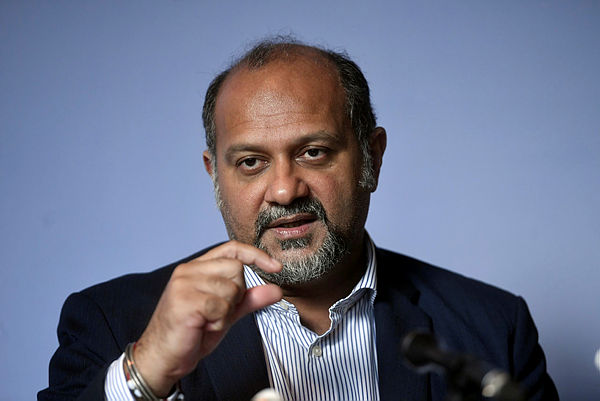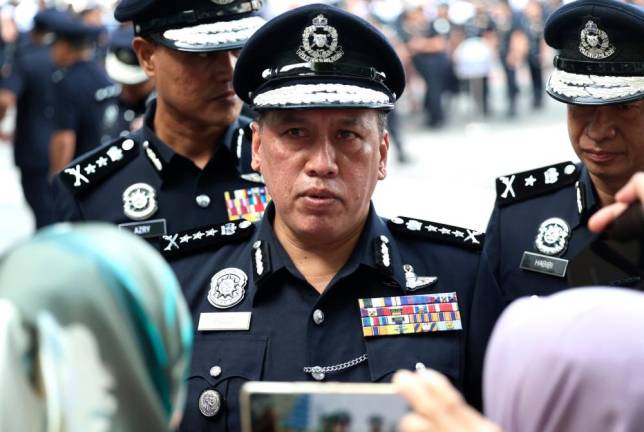PETALING JAYA: It is tough to bridge the urban-rural digital divide as service providers are reluctant to invest in infrastructure in rural areas, the Malaysian Communications and Multimedia Commission (MCMC) said.
Rural areas are not commercially viable as it is more expensive to deploy infrastructure there due to the terrain factor, it pointed out.
“Population density is also a factor as the population in rural areas is dispersed and there are also challenges due to the socio-economic status of the communities in such areas,” MCMC said in a WhatsApp reply to theSun.
“This is where the Universal Service Provision Fund comes in, with priority given to fund the infrastructure and provisioning of services, if necessary, in these areas.”
The five-year National Fiberisation and Connectivity Plan (NFCP) aims to create opportunities for youths in rural areas to generate income and contribute towards the development of rural areas.
MCMC said it is attracting investments to suburban and rural areas to reduce the digital divide through NFCP targets.
It added that NFCP will ensure equal distribution of opportunities, particularly for people who were previously less involved in the digital economy such as farmers, fishermen and orang asli.
Communications and Multimedia Minister Gobind Singh Deo (pix) had said the aim is to ensure 20% availability for premises in suburban and rural areas with up to 500Mbps by 2022.
He said the fibre network should reach 70% of schools, hospitals, libraries, police stations and post offices by 2022.
Gobind said the NFCP aims to bridge the gap in rural areas, underserved groups and also for Felda and orang asli communities.
Gobind said the ministry wants to ensure schools, hospitals, police stations, libraries and post offices are connected through the NFCP.
In total, the implementation cost of NFCP is estimated to be RM21.6 billion for a period of five years (beginning in 2019) whereby between RM10 billion to RM11 billion will be provisioned from the Universal Service Provision (USP) Fund, and the rest will be funded commercially.
MCMC chairman Al-Ishsal Ishak had said the implementation of NFCP is right on time and is in line with the nation’s aim to grow the digital economy.
“NFCP will chart a new era in Malaysia with a broadband coverage that is robust, pervasive, high quality and affordable.
“It will benefit the local communities, encouraging them to be involved in the digital economy, creating 20,000 job opportunities that involves the construction, operation and maintenance of digital infrastructure and at the same time, stimulate economic growth.”










